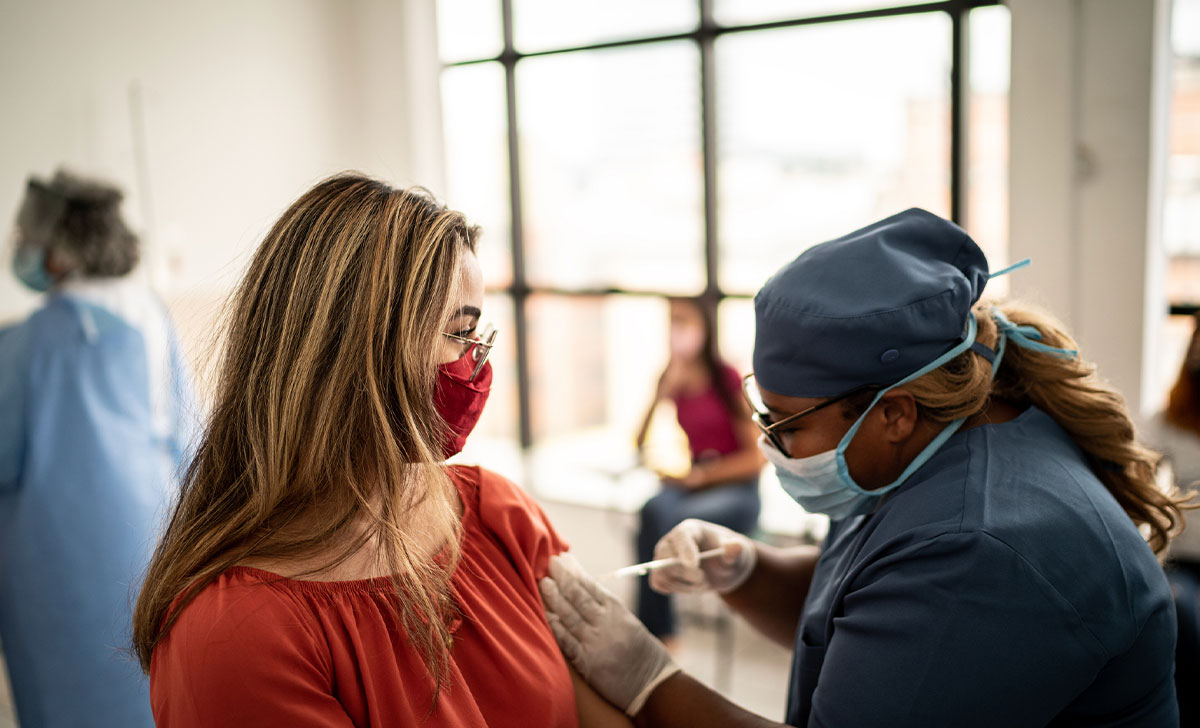Immunologists from Trinity College Dublin, who have worked on coronaviruses for the past decade, have recently unravelled new secrets behind the viruses’ ‘battle plans’, providing new insights into how these deadly viruses sometimes win the war against human immune systems.
The immunologists, led by Dr Nigel Stevenson, Assistant Professor in Viral Immunology at Trinity, have discovered how SARS and MERS proteins block the induction of antiviral proteins, which prevents us from mounting a strong innate immune response against infection.
The coronaviruses SARS and MERS emerged in 2002 and 2012, respectively. Both had higher fatality rates than Covid-19 (around 10 per cent and 40 per cent, respectively), but both infected far fewer people (around 10,000 and 3,000, respectively).
Although different, these two coronaviruses bear many similarities to SARS-COV-2, and thus drawing-up blueprints of their battle plans provides insights with the potential to provide new therapeutic options for treating Covid-19 and future deadly coronaviruses that have yet to emerge, said the authors.
Dr Stevenson and his team discovered that SARS and MERS viruses have proteins that essentially throw a spanner in the works of the interferon antiviral pathway, which — under normal circumstances — activates a cascade of responses in human cells to produce hundreds of antiviral proteins that block viral replication.
Dr Stevenson said: “Over time, humans have evolved to fight viral infections by producing molecules called interferons. When a virus is encountered, interferons are produced, which, in turn, activates an antiviral pathway in our cells that is at the heart of our immediate immune response.
The pathway produces specific proteins that switch hundreds of our antiviral genes on. These genes then produce lots of different antiviral proteins that attack — and in most cases — kill the virus. In doing so, Interferons ‘interfere’ with a virus’s life cycle.”
“However, viruses have also evolved over time to suppress and avoid our immune system responses and our research aims to understand how viruses suppress the response to interferons.
Our current research has discovered that SARS and MERS prevent key proteins from being activated and entering the nucleus in our cells. The nucleus is where our DNA is stored and where genes are switched on, to generate a proper immune response.
“The hope is that if we can design new drugs to inhibit the ability of coronaviruses to suppress the interferon pathway, we should be able to treat people far more effectively,” he continued.
“And given the similarity in coronaviruses and their modes of action, such a drug would likely prove effective against all the deadly coronaviruses.”







